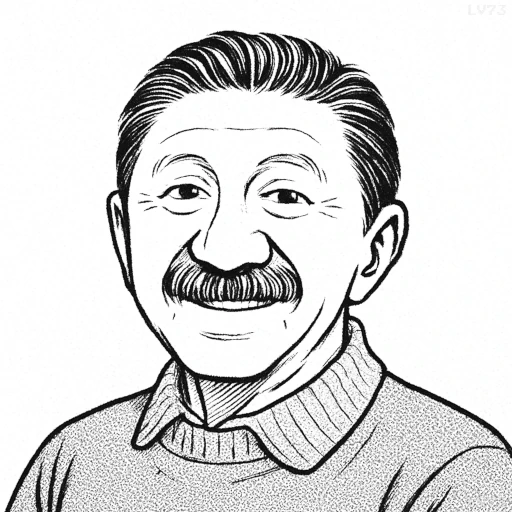“Classic economic theory, based as it is on an inadequate theory of human motivation, could be revolutionized by accepting the reality of higher human needs, including the impulse to self actualization and the love for the highest values.”

- April 1, 1908 – June 8, 1970
- American
- Psychologist, Creator of Maslow’s Hierarchy of Needs, Humanistic Psychology Pioneer
table of contents
Quote
“Classic economic theory, based as it is on an inadequate theory of human motivation, could be revolutionized by accepting the reality of higher human needs, including the impulse to self actualization and the love for the highest values.”
Explanation
In this quote, Abraham Maslow critiques traditional economic theory for its narrow understanding of human motivation, typically limited to material desires and utility maximization. Classical models often depict people as rational agents seeking wealth, security, or pleasure, but Maslow argues that this view ignores the deeper, more complex layers of human needs. He insists that any meaningful economic framework must also account for self-actualization, purpose, creativity, and the pursuit of moral or aesthetic values—dimensions that classical economics fails to recognize.
Maslow’s challenge emerges from his hierarchy of needs, which places physiological and safety needs at the base, but ascends to belonging, esteem, and ultimately self-actualization. In his view, individuals are not merely consumers of goods, but seekers of meaning. This insight has important implications for economics: if people are also motivated by values like justice, beauty, and truth, then models based solely on scarcity and consumption are not just incomplete—they are misleading.
In the modern world, Maslow’s critique finds echoes in movements like behavioral economics, human-centered design, and sustainable development, all of which acknowledge that human beings make decisions based on far more than utility. For instance, social enterprises that prioritize mission over profit, or consumers who choose ethical brands, are driven by values beyond self-interest. Maslow’s vision calls for a new kind of economics—one that treats human beings not just as producers and buyers, but as meaning-makers striving toward their highest potential.
Would you like to share your impressions or related stories about this quote in the comments section?

